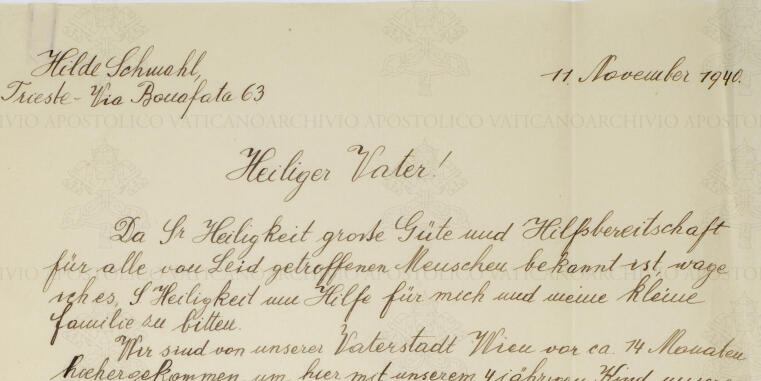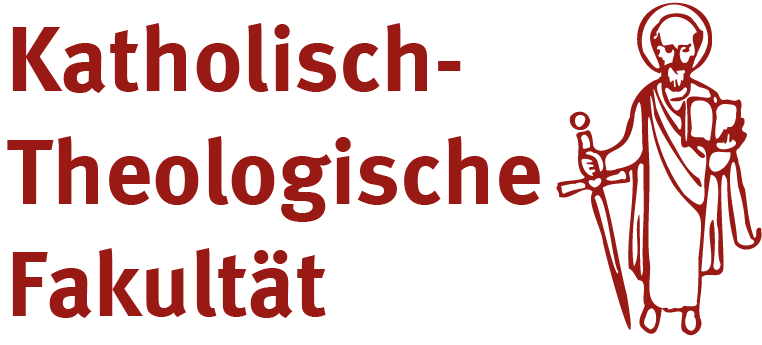
Petitions
In the letters to Pope Pius XII, to the Vatican, to the Secretariat of State or to various other church offices, the authors ask for financial contributions, help in leaving the country or other support. Often these letters contain previously unknown information about the petitioners' situation, their biographies, family circumstances and the persecution they have suffered.
In order to reconstruct the further decision-making process of the Catholic Church on the course of the petition, intensive studies in various series of the Vatican archives are necessary. The further fate of the individuals can only be reconstructed with the help of extensive research in other sources and printed literature. In many cases, the letters are probably the last first-person documents of the petitioners before their murder by the National Socialists.
The project "Asking the Pope for Help" wants to make these people visible again and give them a voice. In the further course of the project, all documents will be presented here in a critical online edition.

